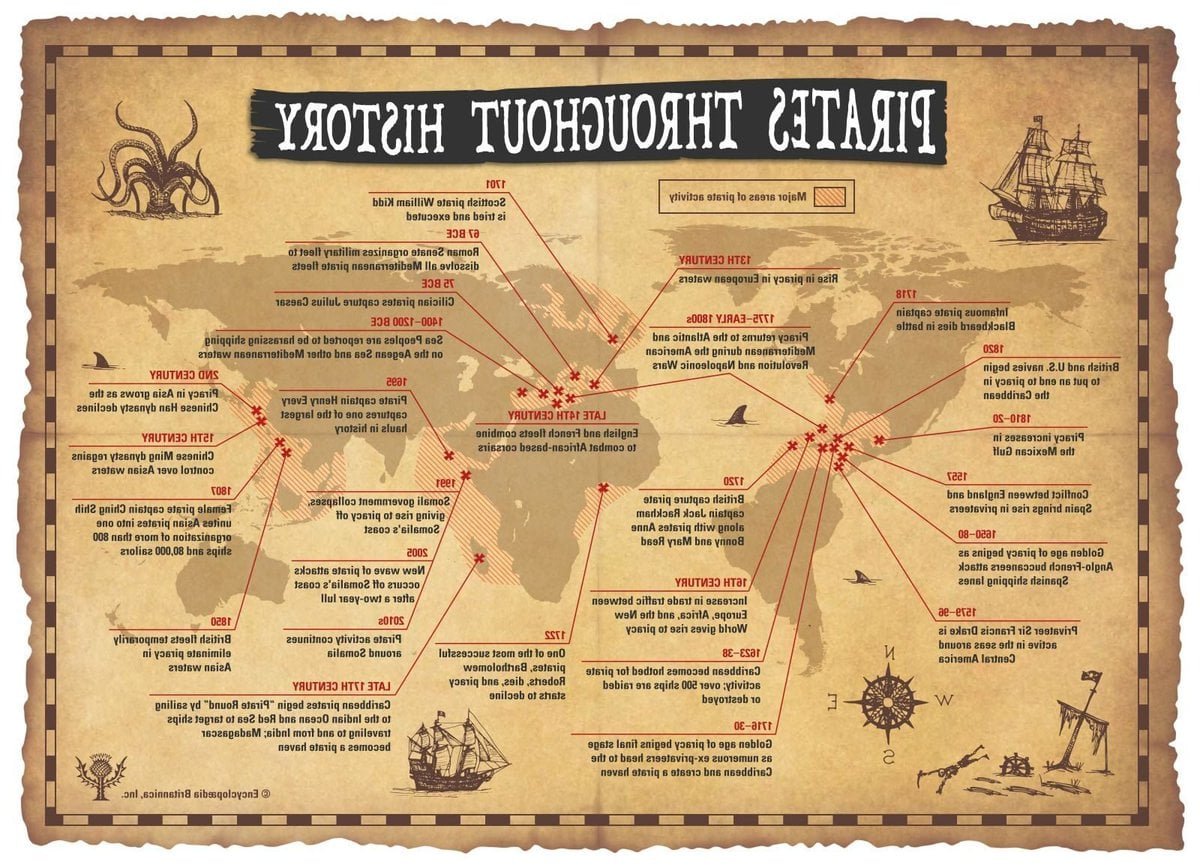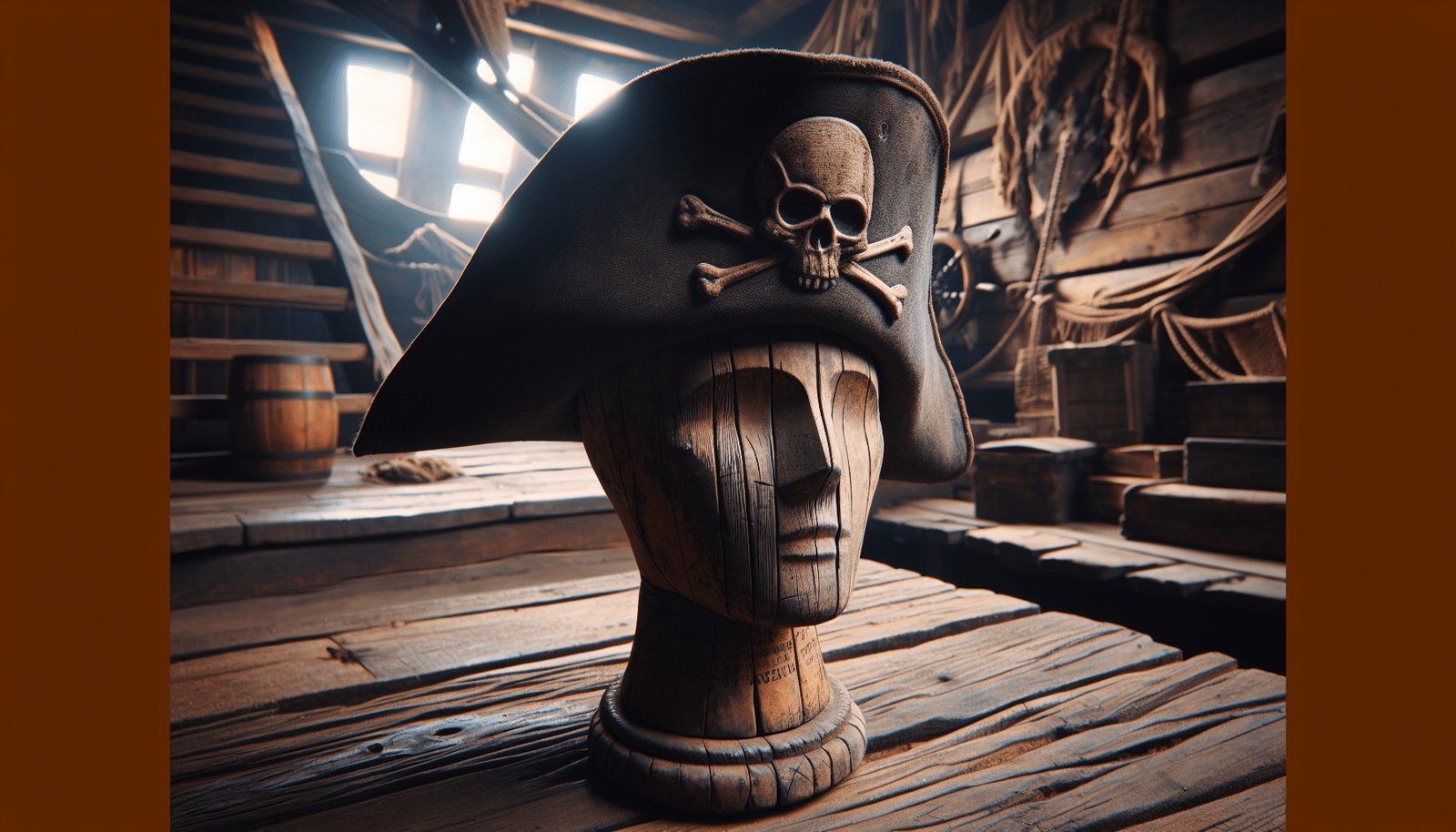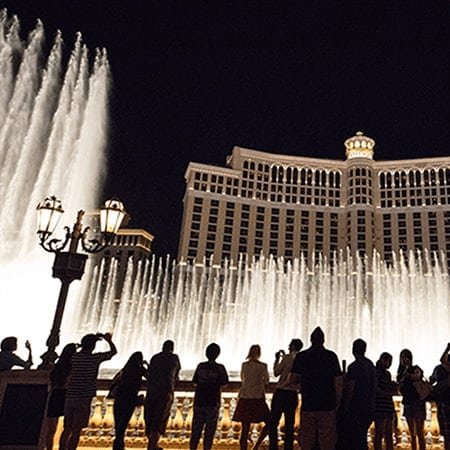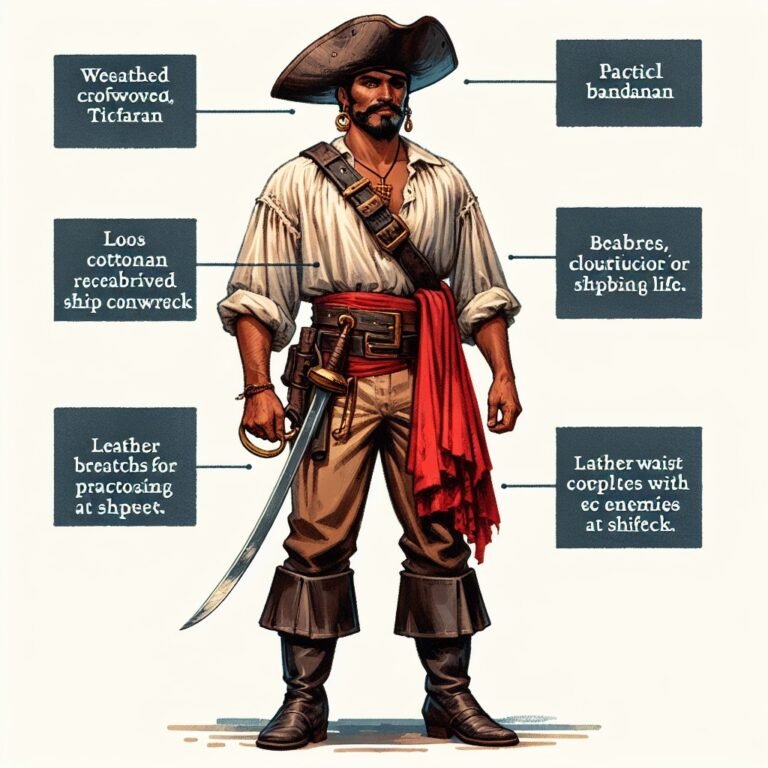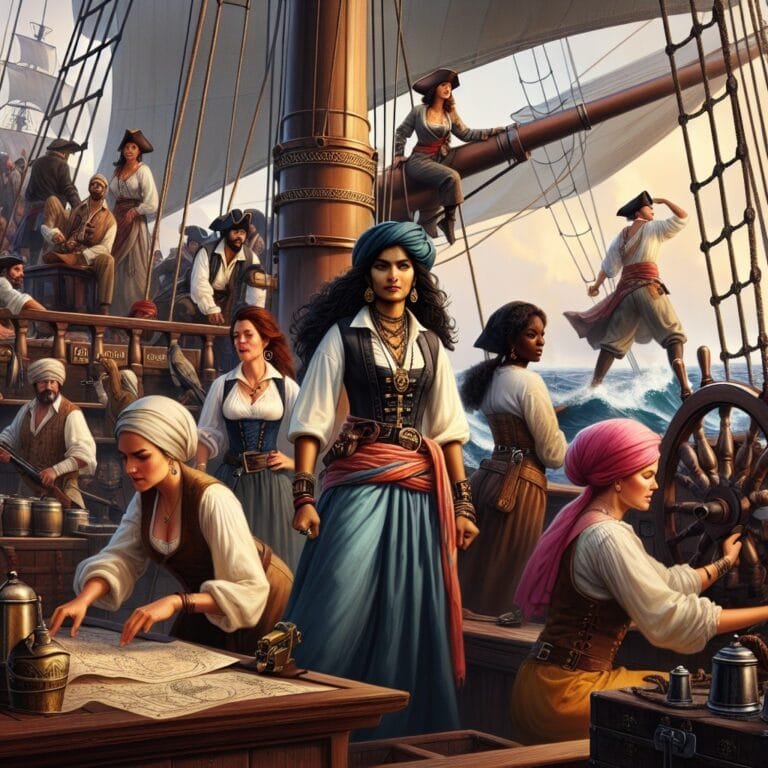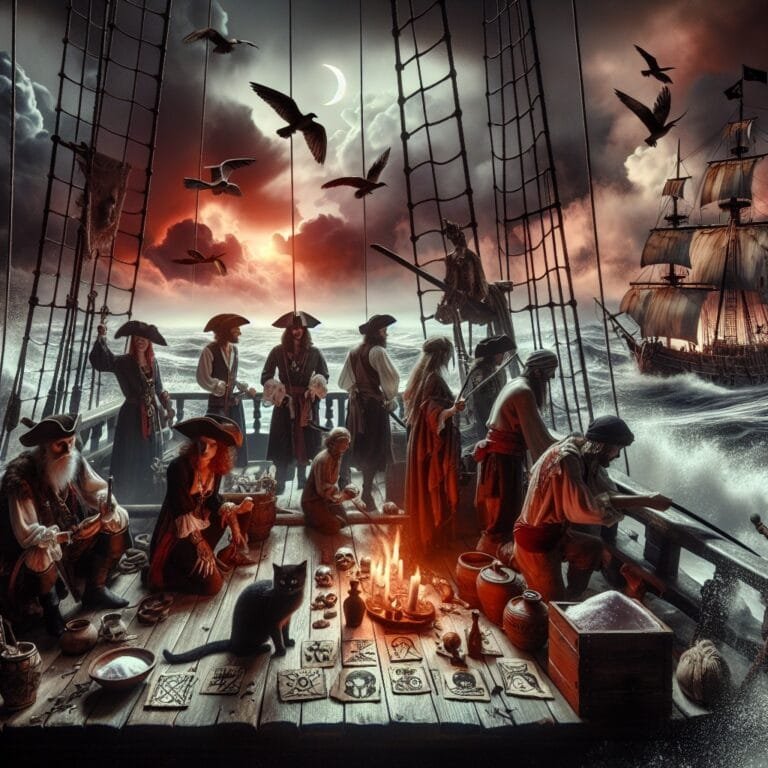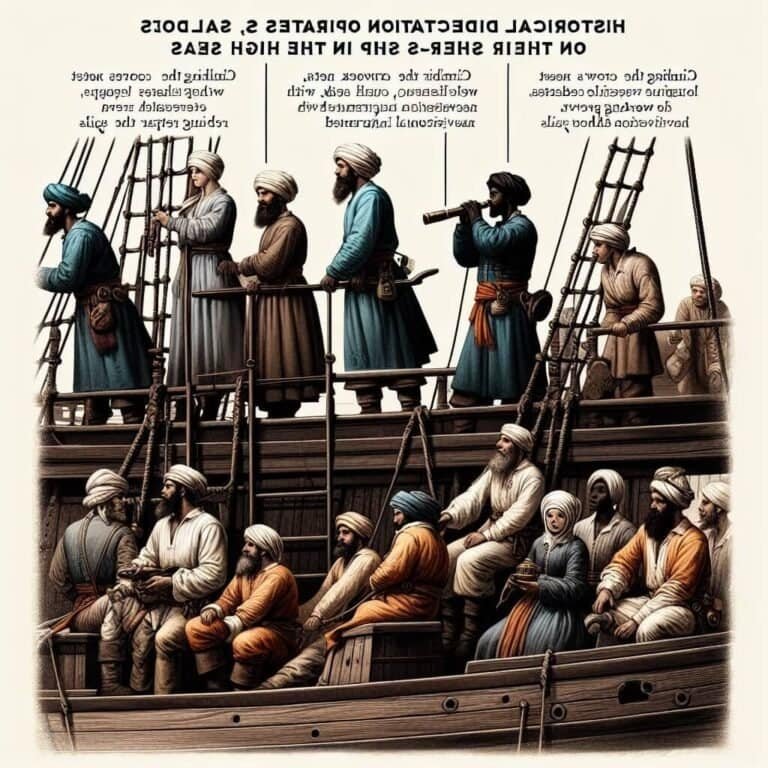## Citizenship in Pirate-Controlled Territories: A Look at Life Under the Jolly Roger
The Golden Age of Piracy, spanning roughly from the 1650s to the 1730s, conjures images of swashbuckling adventures, buried treasure, and the lawless freedom of the high seas. While these elements certainly played a role, the reality of life under a pirate flag was far more complex, encompassing a unique social structure and system of governance. Examining what it meant to be a citizen in a pirate-controlled territory offers a fascinating glimpse into this often-romanticized period of history.
While pirates are often depicted as anarchic figures, a closer look reveals that they operated within a surprisingly structured framework. Pirate crews, for the most part, were bound by a set of rules known as “Articles of Agreement.” These documents, while rudimentary, established crucial aspects of their lives, outlining everything from the division of plunder to the punishments for various offenses.
Governance and Leadership
Sharking a close resemblance to a democratic system in a most symbolic manner, pirate settlements operated on a basis of collective decision-making. The captain and quartermaster held significant authority, but ultimately, the ship’s company held the power. Most crucial decisions, including those concerning plundering targets, were made collectively by the crew.
Pirate Democracy and the Articles of Agreement
These Articles of Agreement, often drafted on board ship, served as a foundation for pirate society. Key provisions typically included:
* Equal Shares: A fundamental principle of pirate life was the equitable distribution of captured wealth. While the captain and quartermaster often received larger shares, the remainder was divided amongst the crew equally.
* Regulation of Conduct: These documents clearly outlined acceptable behavior on board. Rules typically addressed issues such as fighting, theft, and disobedience, with punishments ranging from fines to imprisonment or even walking the plank.
* Voting Rights: Though not a formalized democracy, most articles allowed for crew members to weigh in on crucial decisions. This ensured a degree of collective ownership and control over their shared destiny.
Social Services and Life in Pirate Communities
Life on board pirate vessels was rarely luxurious, but pirates did make provisions for their well-being. While medical care was rudimentary at best, the Articles of Agreement often stipulated contributions to a “sick bay” fund to address medical needs.
The Myth vs. Reality
The romanticized image of pirates as inherently lawless and savage individuals is a gross understatement. While violence certainly played a role in their existence, it was often a necessary tool for survival and self-defense.
Life under the Jolly Roger was a blend of brutality and order, driven by a complex interplay of ambition, camaraderie, and the pursuit of freedom from the constraints of mainstream society. Exploring this era offers a unique opportunity to understand the complexities of what it meant to live as a citizen in an unconventional world governed by a different set of rules.
